When you’re a child, you don’t know what the meaning of emotional abuse is, so it’s easy for these actions to fly under the radar. Looking back as an adult, you may realize that at least one of your parents was emotionally abusing you. Emotional abuse tends to be less visible than physical abuse; it can come in all sorts of shapes and sizes. Here are some signs to consider.
1. You were criticized by a parent often.

Criticism doesn’t have to be a bad thing, but when you’re getting more criticism than praise, you may be experiencing emotional abuse. If you felt you couldn’t do anything right in your parent’s eyes as a child, you were likely being criticized far too much. It was their job to teach you, not critique you.
2. You were neglected emotionally by a parent.
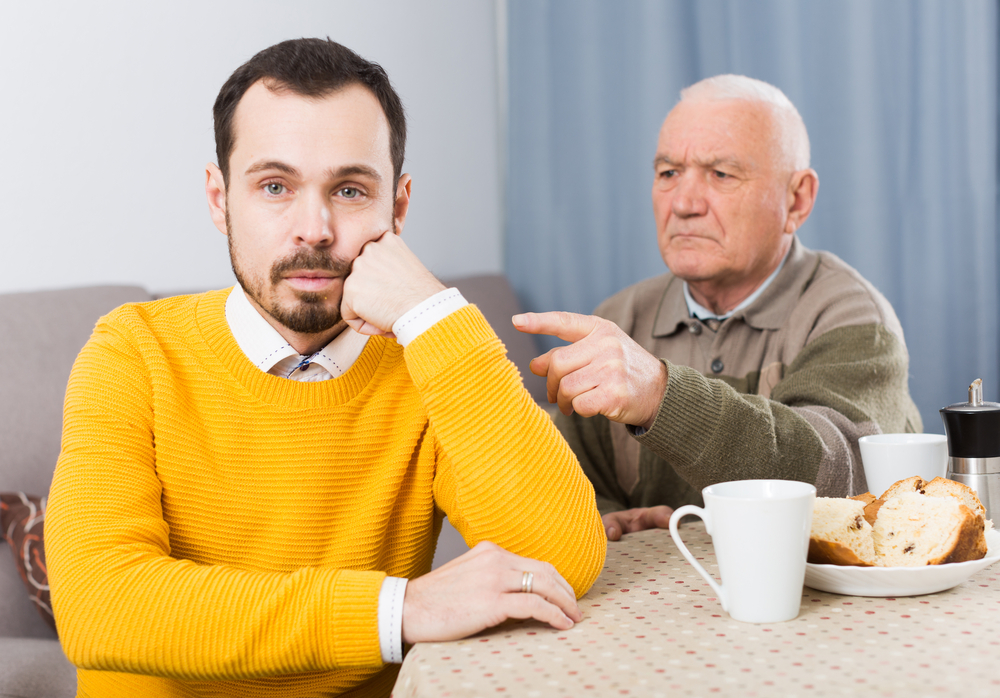
Emotional love and care are vital in all relationships. Our bonds with our parents when we are young can be reflected in our bonds with friends and lovers in adulthood. If you weren’t getting either of your parents’ emotional love and support as a child, this may have stunted your emotional growth.
3. Your parent didn’t offer support.

Some people grow up with parents who help them through all sorts of means, from assisting with finding their first job to helping them buy their first vehicle. These may not seem significant in the grand scheme of things, but for someone whose parents didn’t offer them any support when it came to learning to live and become an adult, they experienced emotional abuse. Some parents hold back on support as a way to teach painful lessons.
4. A parent manipulated you.

Manipulation hurts, especially when you’re manipulated by someone who is supposed to love and care for you. Your parents may have used you against one another if they didn’t get along or were divorced, manipulating you into taking sides. They could have manipulated you in other ways, including making you feel obligated to attend their alma mater or pushing you into the family business.
5. Your parent verbally abused you.

Verbal abuse may be its own creature, but it leads to emotional scars.
6. Your parent had unpredictable mood swings.

Emotional abuse can most definitely happen when a parent isn’t taking care of their own mental health. If you had a parent who had unpredictable mood swings that came out in your presence, whether or not they were aimed at you, this could cause emotional trauma. It’s important to realize, now as an adult, that mental healthcare is important and that you were not responsible for your parent’s mental health or moods.
7. A parent isolated you.
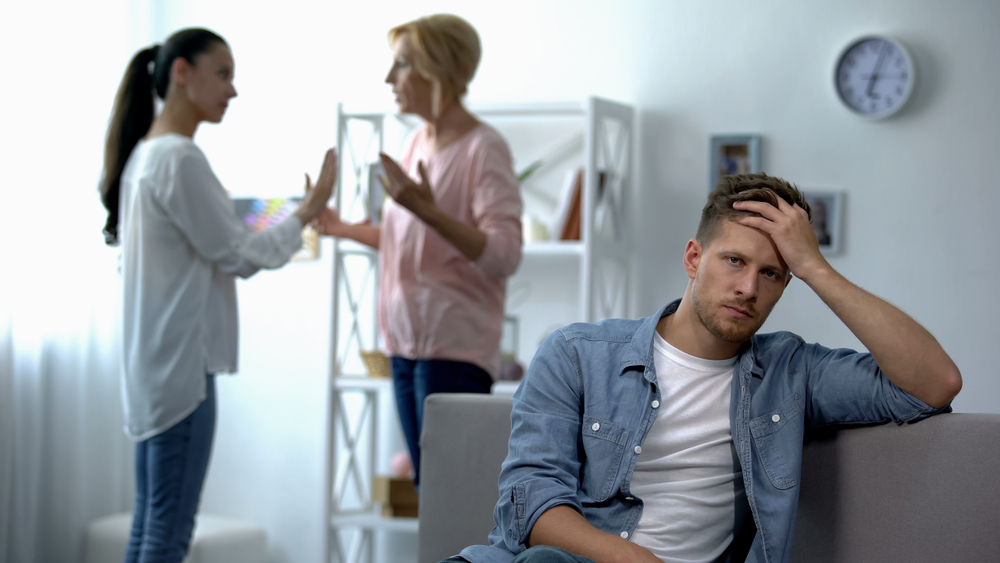
Being kept from friends, only seeing other family members in supervised situations, and not having any freedom can be very emotionally stunting. Some parents keep their children isolated to hide family secrets, abuse, or other neglect. Of course, some parents also isolate children to protect them, but even that can have negative consequences on a child’s development.
8. Your parent embarrassed you in public.
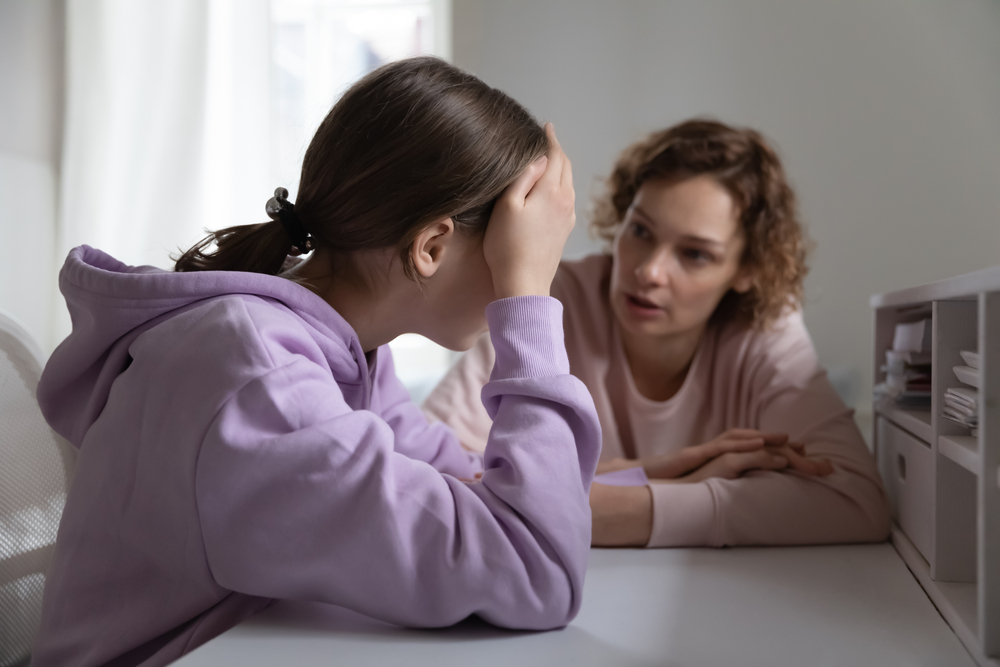
While how we react to what someone says or does to us is solely our responsibility, it’s hard to shake off being embarrassed by a parent in public. If your parents yelled at you or punished you in public, that leaves emotional scars. Even being embarrassed by an alcoholic or drug-addicted parent can stick with you and be considered emotional abuse.
9. Your parent blamed you for their issues.

Adults are responsible for all the issues that arise in their lives, even if you were a troublemaker, often ill, or had any other problems as a kid. As parents, they are responsible for teaching you right and taking care of you. Whether their issues stemmed from your existence or not, if they took their frustrations out on you by blaming you for everything going wrong in their lives, they were emotionally abusing you.
10. Your parent changed the rules often.

Rules are how children learn right from wrong. However, if a parent constantly changes the rules, which causes you to get in trouble often, they are likely causing you some emotional stress. This doesn’t include increasing your curfew as you get older or shortening your curfew if you had a habit of showing up past curfew.
11. You were gaslit by a parent.
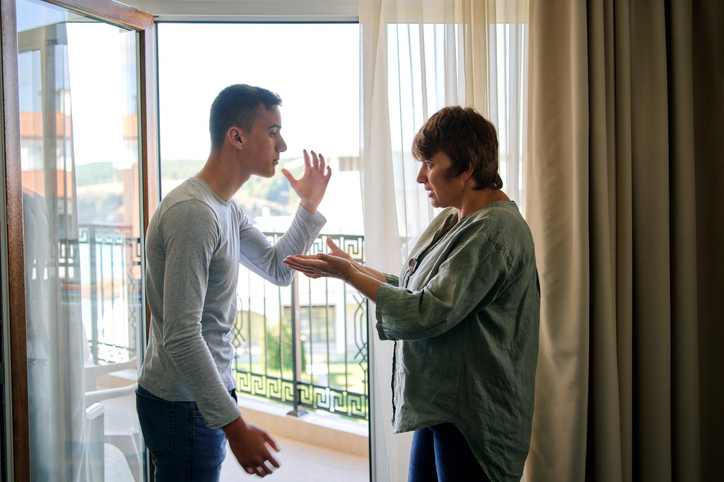
Did your parents make you feel like you were a crazy kid? If you had a toxic parent of any caliber, they may have gaslit you a time or two. Gaslighting is a tactic many toxic people use to keep people dependent on them, as Medical News Today points out.
12. You had to take on the responsibilities of a parent.

Another form of emotional abuse is when a parent doesn’t do their job as a parent and needs to be parented themselves. If you grew up fast and felt older than you were when you were a kid, it could have been because you had to be the parent. Another form of this is if you had younger siblings that your parents left you to raise instead of parenting them themselves.
13. Your parent was overly controlling.

If you had a parent who wanted to be in control of every move you made, they were emotionally abusing you. Perhaps you had to check in every half hour while out, or they wouldn’t even let you go out. They may have had a tracker on your car or watched your mileage like a hawk. They probably complained about your friends and wouldn’t let you hang out with certain people.
14. Your parent shamed you.

Nobody is perfect, and that’s okay. But, you may have had a parent who shamed you for doing things wrong. Perhaps they were like Carrie’s mom from the horror film and shamed you for going through puberty and other natural events of growing up. No matter the level of the shame, this was abuse.
15. Your parent was jealous of you.

Jealousy has no place in a parent/child relationship. Parents can be jealous of their children for various reasons. You may have excelled at something they never did, got into a college they couldn’t, or got more attention from your grandparents than they did from them when they were growing up.
16. Your parent played favorites with other siblings.

It is emotionally abusive to children to play favorites when you have multiple kids. You should love all of your kids equally. The children who weren’t their parents’ favorites likely got less attention and praise and likely had lonely childhoods unless they had a good support system in their friends.
17. Your parent made you dependent on them.
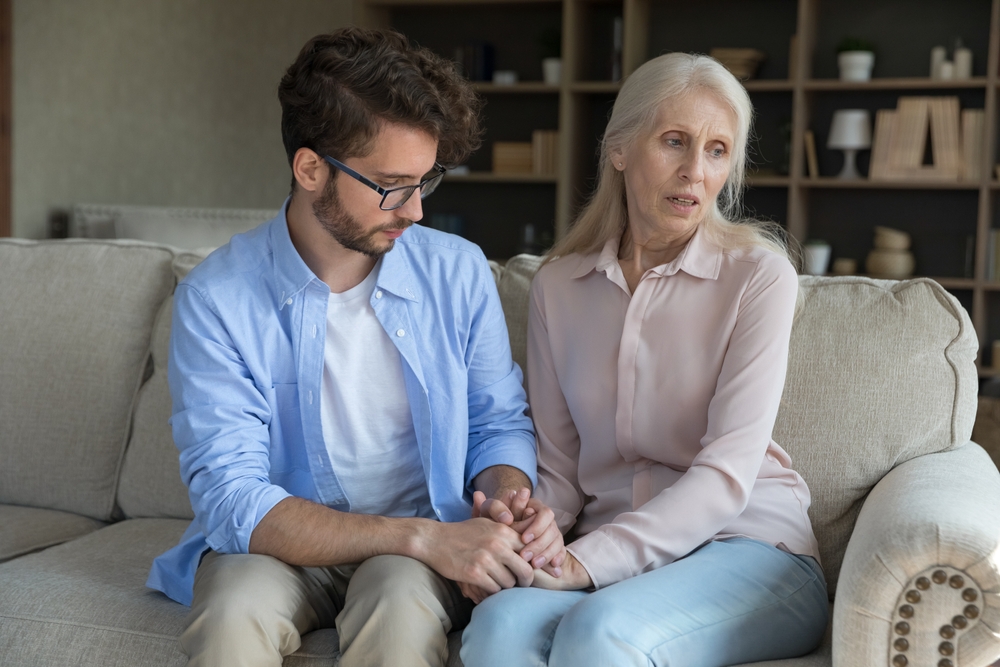
Another sign of emotional abuse in children is when their parents make them entirely dependent on them. Yes, when you’re very young, you need your parents. However, as you reach your teenage years, you require more freedom, and if you don’t get it, you may be socially stunted.



